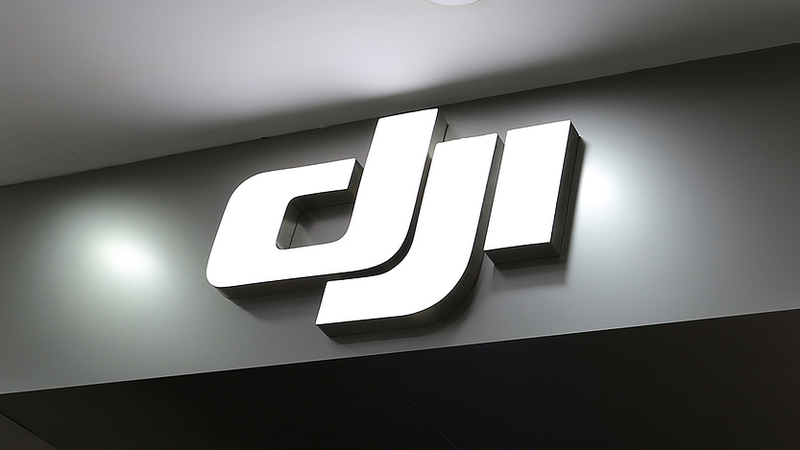In a move watched by tech entrepreneurs and global supply chain experts, DJI, the leading drone manufacturer from the Chinese mainland, has formally appealed a U.S. court’s decision to keep the company on the United States Department of Defense’s list of Chinese military companies (CMC list). This high-stakes legal battle highlights how geopolitical tensions are reshaping tech and trade.
Earlier this year, DJI sued the Defense Department in the U.S. District Court for the District of Columbia, arguing that its civilian drone line poses no national security threat. While the court dismissed the Pentagon’s allegations, it upheld DJI’s place on the blacklist — a verdict DJI says is "fundamentally flawed."
On October 14, DJI filed its appeal with the U.S. Court of Appeals, challenging the court’s decision and defending its global business model. In official statements, DJI emphasized its track record in innovation and transparency, noting that its drones are used in everything from sustainable agriculture projects to disaster relief missions around the world.
Why it matters:
- Tech Innovation: DJI controls over 70% of the global civilian drone market, serving industries from filmmaking to renewable energy inspections.
- Global Trade: Blacklisting could disrupt supply chains and drive up costs for small businesses and digital nomads relying on affordable drone solutions.
- Legal Precedent: The outcome may set a benchmark for how courts balance national security concerns with technological advancement and international commerce.
For young global citizens, entrepreneurs, and thought leaders, DJI’s appeal is more than a courtroom drama — it’s a test of how laws and policies adapt to fast-paced innovation. As the U.S. appeals process unfolds, stakeholders worldwide will be watching closely to see if this legal challenge can redefine the boundaries between technology, trade, and security.
Reference(s):
cgtn.com




